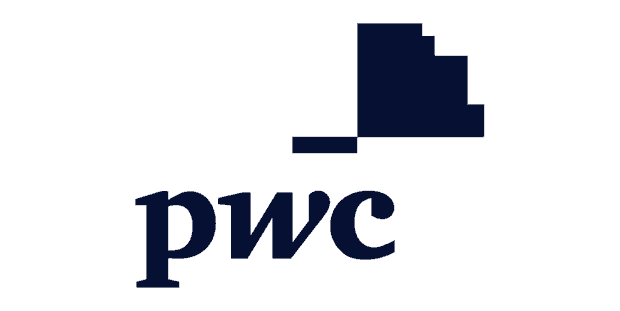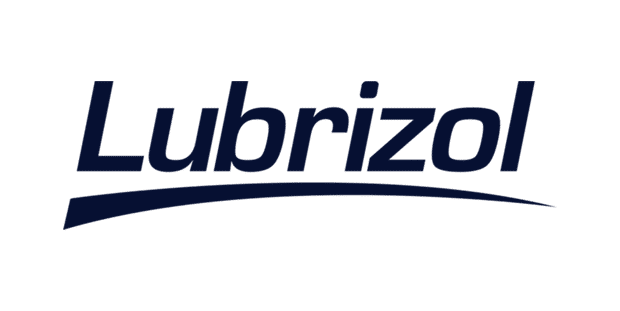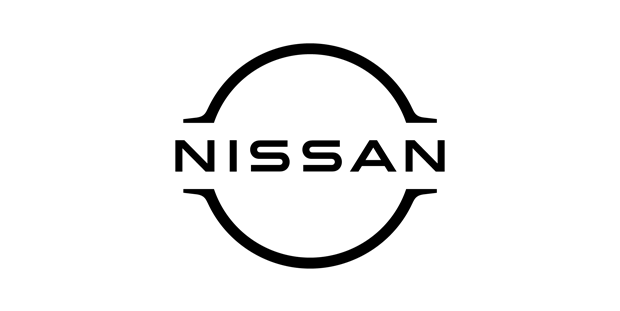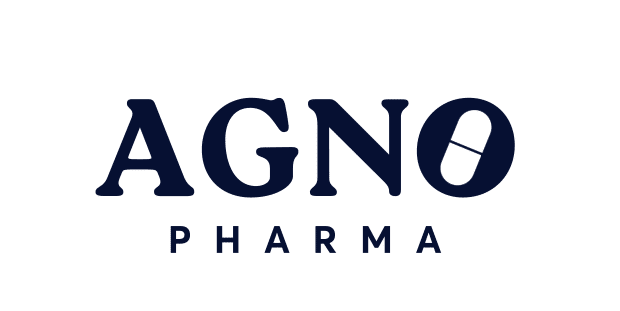For 20 years, we’ve helped large organizations improve search rankings, increase organic traffic, and convert visitors into customers. Our data-driven strategies deliver measurable results across teams. We recognize that SEO involves much more than keywords or health scores. We do not follow fleeting SEO trends. Instead, we use search to address business growth challenges. Common challenges we solve: Not every organization requires a holistic or full-service SEO engagement. In these situations, we offer tactical SEO services and consulting for enterprise organizations and smaller brands. IND Distribution is an eCommerce company specializing in aftermarket automotive parts and accessories. They offer a diverse catalog with thousands of SKUs for performance parts, replacement components, and automotive accessories. Industry: eCommerce / Automotive Aftermarket Parts Type: eCommerce Business Challenge: IND Distribution needed to migrate their aftermarket product store to a new eCommerce platform (Shopify). They required planning and execution to avoid losing their existing traffic and sales during the migration, plus ongoing support to maximize the new platform’s potential. Approach: Emulent provided comprehensive eCommerce migration and SEO services, that included: Bill was invaluable when it came time to migrate a diverse aftermarket product store to a new platform; we couldn’t have asked for better planning through execution. Bill’s expertise in SEO instantly saw our site traffic increase by +155%, sales grow by +673%, and search result rankings increase significantly and maintain a very high level. As we worked through new content, the long-term support ensured that none of our efforts were wasted, a huge benefit to our efficiency as a company. GM, IND Distribution Phase 1 evaluates your current SEO status, identifies opportunities, and defines a strategic roadmap. Enterprise SEO success depends on organizational alignment. We assess your SEO maturity across teams to determine integration depth and guide our strategy. Before optimization, we ensure your analytics infrastructure accurately tracks SEO performance and attributes revenue to organic channels. Our audit includes: We conduct a comprehensive website crawl, analyzing crawlability, indexing, Core Web Vitals, page speed, schema markup, and over 90 technical factors to identify issues affecting search rankings. Your backlink profile significantly affects domain authority and rankings. We audit all inbound links from multiple data sources to: Understanding your competitive landscape is critical for enterprise SEO. We analyze your top competitors’ SEO strategies, including: Traditional and AI search engines prioritize websites with strong user experiences. We assess your site’s design, navigation, mobile responsiveness, and conversion paths to identify UX improvements that enhance rankings and conversion rates. You will receive a comprehensive audit report with detailed findings and insights, along with a prioritized action plan organized by impact and implementation complexity. Phase 2 provides monthly SEO services focused on accelerating growth through keyword strategy, content creation, and data analysis to identify market opportunities. Enterprise keyword research extends beyond identifying high-volume keywords. Our process includes: Based on keyword research and competitive analysis, we develop and implement a content strategy to build topical authority and increase organic traffic: Enterprise websites are dynamic, with frequent page launches, content updates, and platform migrations. We provide ongoing technical SEO monitoring and optimization to support these changes. As the search landscape evolves, our ongoing consulting ensures your SEO strategy stays agile and adaptable. Sources: CSA Research, Search Atlas, Google, Mordor Intelligence, Schema.org, Boston Institute of Analytics Clients usually see improvements in technical health and indexing within 30 to 60 days. Significant gains in rankings and organic traffic typically occur within 3 to 6 months and continue to increase over time. Yes. Enterprise SEO success relies on cross-functional collaboration. We deliver clear technical requirements, participate in sprint planning, and stay involved through QA and release to ensure SEO recommendations are implemented correctly. Yes. We specialize in preserving rankings and traffic during website migrations. Our process includes redirect mapping, content migration planning, technical validation, and post-launch monitoring to maintain stable search visibility. At Emulent, we prioritize initiatives by impact. We focus first on template-level optimizations, high-traffic sections, and revenue-generating pages. Our framework evaluates search volume, current rankings, conversion potential, and implementation effort. You will receive monthly reports detailing organic traffic trends, keyword ranking changes, technical health metrics, and revenue attribution. We connect organic traffic to business outcomes such as leads, conversions, and revenue through accurate analytics tracking and attribution modeling. Yes. Our Enterprise SEO Masterclass provides hands-on training for marketing, content, and development teams. We use enterprise-grade tools, including Google Search Console, Google Analytics 4, Screaming Frog, Ahrefs, SEMrush, Moz, and custom analysis tools. Enterprise SEO Services







Modern SEO is a long-term strategy involving publishing, AI optimization, brand building, marketing, website experience, and technical SEO. Because of this complexity, short-term tactics often fail to deliver results.
Challenges Our SEO Consultants Solve


Tactical Enterprise SEO Services

Migrating a Complex Automotive eCommerce Store to Shopify Without Losing Sales
Outstanding experience with the Shopify website migration and long-term support.
Chris
Phase 1: Our Foundational SEO Process
SEO Maturity Assessment
Measurement Strategy
Technical SEO Audit
We use Google Search Console data, server logs, and enterprise crawling tools to create a prioritized list of technical fixes based on impact and effort.Backlink Audit
Competitive Audit
Experience Audit
Audit Deliverable
Phase 2: Our SEO Growth Process
Advanced Keyword Research
Inventory Analysis: Assessing your current content depth and site architecture
Content Creation and Optimization
Ongoing Technical Optimization
Monthly SEO Consulting
Enterprise SEO Services Stats


Enterprise SEO FAQs
How long does it take to see results from enterprise SEO?
Do you work with product and development teams?
Can you support large migrations or replatforms?
How do you prioritize work on large sites?
What reporting do you provide?
How do you measure SEO ROI?
Do you offer SEO training for internal teams?
What tools do you use for enterprise SEO?
153%+
Organic Traffic
673%+
eCommerce Sales